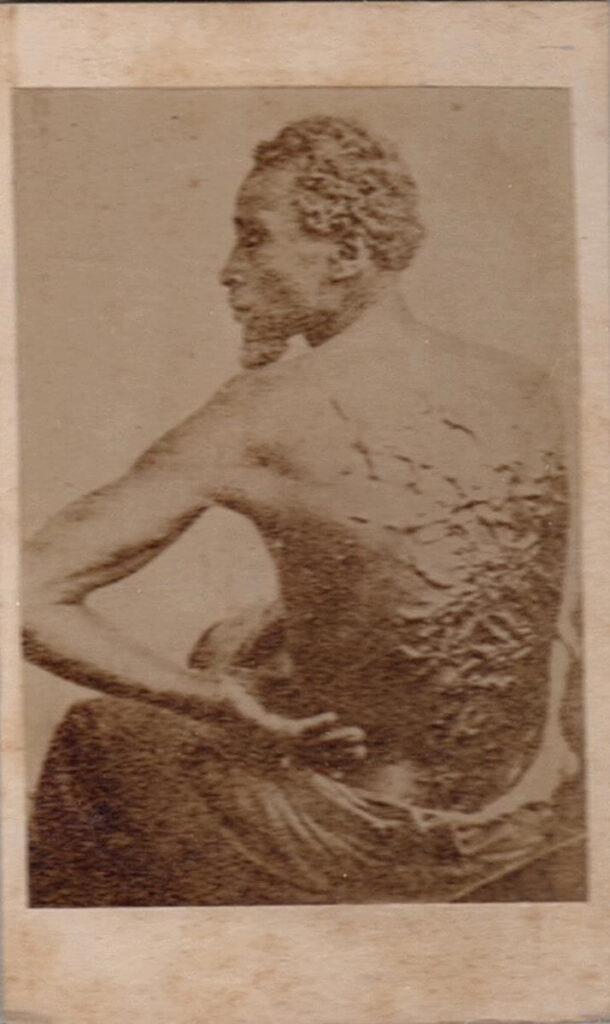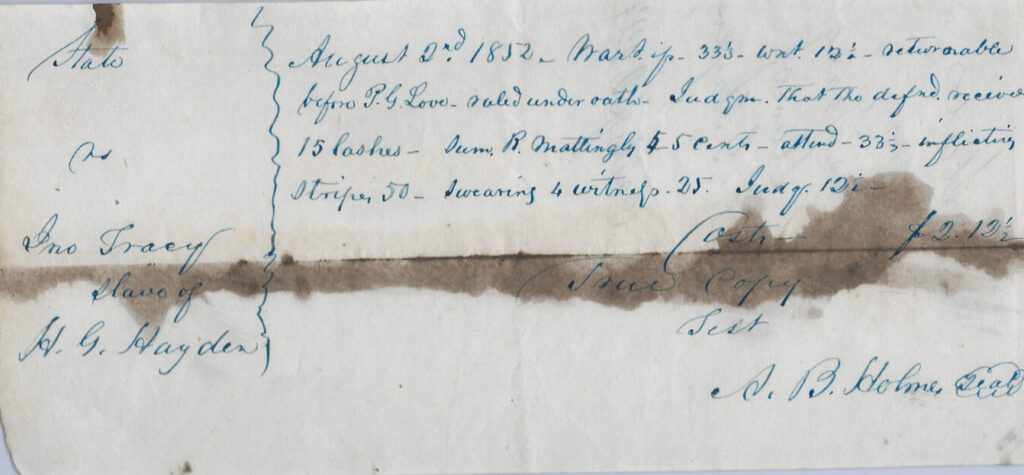Section #7 - A populist western president stands against Nullification and for tribal relocation
Chapter 63: Nat Turner’s Slave Rebellion Terrorizes The South And Prompts Savage Retribution
August 21, 1831
Nat Turner’s Rebellion
On Sunday, August 21, 1831 the apocalyptic vision laid out in David Walker’s “Appeal” – of enslaved people murdering white masters to win freedom – becomes reality on Joseph Travis‘ farm near Jerusalem, Virginia, in the southeast corner of the state.
That night, seven slaves use axes to murder Travis, his wife, Sally, and their two children (one a newborn infant) in their beds.
The leader of this band is 30-year old Nat Turner, an enslaved man whose first master encourages him to read the Bible, which he does over and over until he is able to quote long passages from the Old Testament and begins to preach on the Turner plantation. However, his status changes when his old master dies and his son angers Nat by treating him as an ordinary field hand. When the son also dies, Turner and his wife are sold to different masters. After protesting this treatment, his new master whips him savagely, a punishment that further fosters Turner’s rage against his fate. Finally, he ends up on the Travis farm, where he acts more passively in order to receive kinder treatment.
But kind treatment no longer transfers into forgiveness for Nat. Since 1828 his lengthy periods of fasting and prayer and communion with the spirits have convinced him that his destiny lies in “fighting the Serpent” and putting to death those who have stolen the lives of enslaved people.
In February 1831 he interprets a solar eclipse as a signal that the time for retribution is near. Six months later, after secretly spreading the word to other enslaved people in the neighborhood, he strikes at the Travis’s.
Once steeped in the Travis’s blood, he and his growing band rampage from one farm to the next.
Back at his original plantation, he kills the cowering Mrs. Turner with his ax and then joins another slave in dispatching a woman visitor.
As he moves on, his force grows. At another farm, some 15 slaves kill Catherine Whitehead, her grown son, three of her daughters and a grandchild. Nat later confesses to bludgeoning Margaret Whitehead to death with a fence post.
Now 40 strong, Turner’s avengers head toward the town of Jerusalem, where church bells are already ringing out word of The Insurrection. At the Waller homestead, they pause to decapitate ten children and murder their mother. As they depart, their strength reaches its zenith of 60-70 enslaved people. Some are drunk, others poorly armed, but all are eager to push onward.
The have sacked 15 homesteads and killed about 60 whites by the time they encounter a series of town posses who break their momentum and forces them to retreat. From there the operation turns against the rebels. They try to re-group and add new recruits, but this fails. Most are captured or killed on the spot. Nat Turner escapes and hides for almost two months in the vicinity of the Travis farm, before he too is caught and jailed. At his trial he is nothing but defiant:
“I am not guilty, because I do not feel so…I’m not sorry for killing all those white people. I alone conceived the idea of insurrection, which has been evolving in my mind for several years. And, no I didn’t fail. Our names are now written in blood across the map of this county, nor will we be the last.”
1831 Forward
Anti-Black Racism Is Heightened By Turner’s Rampage

News of the Turner rampage shocks whites in the North as well as the South, and sets off predictable ripple effects.
Since the entire plantation system in the South hinges on the strict obedience of slaves to the will of their masters, the Turner incident becomes a moment to reinforce discipline. The vehicle is swift punishment meted out to any slaves known or suspected to be trouble-makers. Across the South, a total of 55 slaves are “officially hanged” and many others are publicly whipped or lynched.
Nat Turner himself is flayed, beheaded, quartered and ultimately skinned to make “memento purses,” which show up years later in estate sales.
State governments across the South also react with laws prohibiting all blacks from being taught how to read or write, and banning religious meetings unless conducted with a white minister present.
In the North, the reactions are different, but no less devastating to the aspirations of the small band of free blacks seeking equality.
Here the lurid details of Turner’s assault serve to reinforce the stereotypes of Black people as sub-human savages, who, if uncontrolled, will slaughter even defenseless women and children.
White fear of blacks is amplified, even among those who feel that slavery is morally wrong, Hearts are hardened and race-baiters become more vocal in their attacks. In Boston, officials tighten their oversight of free Black people. White abolitionists face angry neighbors, for it is one thing to feel empathy for enslaved people, but quite another to advocate to set them free to roam the American landscape at will.
Surely the atrocity in Jerusalem, Virginia, must cause these abolitionists to back off from their call for emancipation. Or so the vast majority of Americans think.
Antebellum Period
Sidebar: Administering Lashes To Disobedient Slaves

before P. G. Love, sealed under oath. Judgment that the defendant receive
15 lashes. Sum R. Mattingly 5 cents – attend 33 ½ – inflicting
Stripes 50 – swearing & witnesses 25. Judge 12 ½.
Cost $2.12 ½
Issue Copy Test
A.B. Holmes (seal)
Throughout the antebellum period, slaves charged with violating whatever behavioral norms were imposed on them by state “codes” are subject to punishment.
The document above represents one such event involving the State of Maryland v Jno Tracy, a slave owned by H.G. Hayden.
It is dated August 2, 1852, and is cast in the form of an “invoice,” presumably directed to Hayden by a state judge named P.G. Love and attested to by a notary, A. B. Holmes.
It requires Hayden to pay the state a total of $2.12 & ½ cents in return for formal whipping of Jno Tracy, his slave, evidently administered by one R. Mattingly and resulting in some 15 “stripes.”
The invoice itemizes the total cost as follows:
- 5 cents to Mattingly for his presence
- 170 cents to Mattingly for delivering 15 stripes
- 25 cents administrative costs for swearing & witnesses
- 12 ½ cents to the Judge